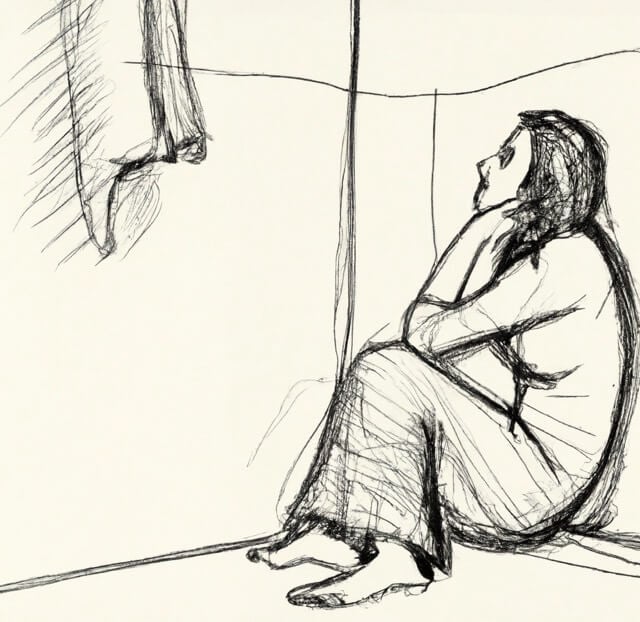Beginnings are challenging yet crucial. It’s essential to recognize that beginning the search for effective strategies to combat dual diagnosis might have brought you here. We applaud your courage.
Dual diagnosis refers to the co-occurrence of mental health disorders and substance addiction. It’s a complex issue that calls for a comprehensive approach, as ignoring one condition often rekindles the others. This blog aims not only to unveil the intricacies of dual diagnosis but also to lay out the most effective treatment options available for those battling it.
The Sneaky Strands of Addiction & Mental Illness
Substance addiction isn’t an isolated event; it often has ties with underlying mental health conditions like depression, anxiety, PTSD, and bipolar disorder. These unattended mental health issues provide fertile ground for substance use to mature into an addiction. Similarly, substance abuse can amplify mental health symptoms or even spur new psychological ailments, creating a cycle that can be hard to break.
Do-it-Yourself V/S Professional Help: Two Ends of a Spectrum
Undeniably, when facing challenges like dual diagnosis, individuals might feel compelled to act as their therapist. However, this route usually does more harm than good, as self-treatment lacks clinical knowledge and objectivity. Subsequently, attempting self-diagnosis can intensify existing symptoms and result in misuse of drugs meant for treatment.
Moreover, the intertwined nature of mental illness and addiction requires coordinated treatment. Otherwise, untreated mental illness may hamper addiction recovery or vice versa.
The SOS Signal: When Is It Time To Seek Help?
Recognizing when to seek help is fundamental in treating dual diagnosis. Persistent feelings of depression or anxiety clubbed with recurring substance use are clear signs one must reach out for professional help.
Other symptoms include problems in performing daily tasks due to excessive preoccupation with substance use or deteriorating physical health as a byproduct of substance abuse. If you notice these symptoms, it’s time to seek professional help.
The Power of Therapy
Regardless of society’s stigmatization, therapy plays a pivotal role in the treatment of dual diagnosis. It equips individuals with tools to cope with stressors and triggers that may lead them back to substance use. Cognitive-behavioral therapy (CBT), dialectical behavior therapy (DBT), and motivational interviewing are some therapies that have shown effectiveness in treating dual diagnosis.
Financially Viable: Healthcare Insurance & Dual Diagnosis Treatment
One common misconception is that dual diagnosis treatment is financially draining. In reality, most health insurance policies cover mental health and addiction treatments, thanks to the Mental Health Parity and Addiction Equity Act (2008). This act prevents healthcare providers from offering inferior benefits for mental health or addiction treatment compared to other medical conditions.
Treatment: The Road to Recovery
Many fear the journey toward recovery because they can’t envision life without dependency on substances or due to anxiety about confronting their inner demons. However, statistics show effective treatment leads to better life outcomes, improved physical health, better job prospects, salvaged relationships, and an overall increased quality of life.
Dual diagnosis can feel like getting caught in a storm battling winds from two directions. Yet all storms pass eventually. Remember, asking for help isn’t a sign of weakness; instead, it’s an act of strength — the strength to reclaim your well-being and the determination to lead an improved quality of life.
By Henry W.


